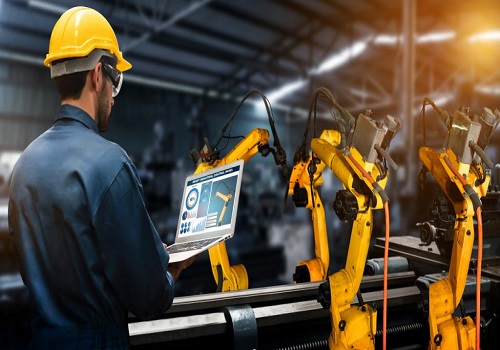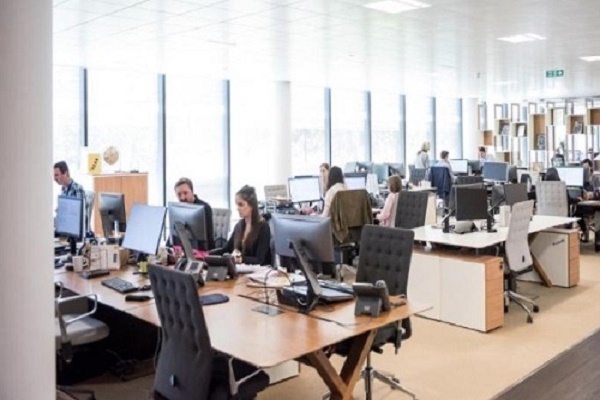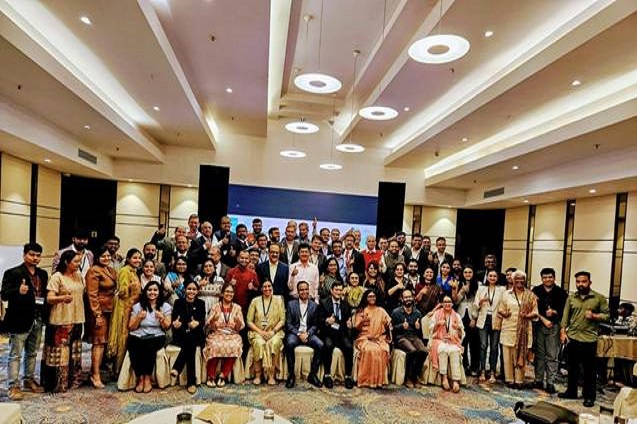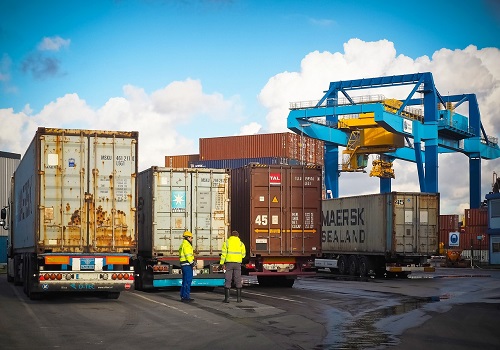India`s manufacturing sector poised for strong growth, expansion: FICCI

Federation of Indian Chambers of Commerce and Industry (FICCI) in its latest survey has said that India's manufacturing sector is poised for strong growth and expansion, with 87 per cent of respondents reporting higher or same production levels for the September quarter (Q2FY26). In comparison, during the first quarter ended June (Q1FY26), 77 per cent of respondents reported higher or same production levels. Ficci's latest quarterly survey assessed the performance and sentiments for July-September 2025-26 of manufacturers in eight major sectors namely, automotive & auto components; capital goods; chemicals, fertilizers & pharmaceutical; electronics; white goods & telecom; machine tools; metal & metal products; textiles, apparels & technical textiles.
FICCI said the optimism is also evident in domestic demand, as 83 per cent of respondents anticipate an increase in orders in Q2 FY 2026 compared to the previous quarter and more so after the latest GST rate cuts were announced. However, it said production costs for manufacturers in Q1 and Q2 FY 2025-26 seem to remain on higher side. It added that over 50 per cent of respondents reported an increase in the cost of production as a percentage of sales, which is consistent with the previous quarter's findings.
The industry lobby observed the increase in cost of production compared to last year is mainly due to higher raw material costs including key components, bulk chemicals, metallurgical coke, and iron ore along with rising labour expenses and increased logistics, power and utility costs. The responses have been drawn from manufacturing units from both large and small & medium enterprise (SME) segments with a combined annual turnover of over Rs 3 lakh crore.
According to the survey, the existing average capacity utilization in manufacturing is close to 75 per cent, which reflects sustained economic activity in the sector. The future investment outlook is also positive, with over half of the respondents indicating plans for investments and expansions in the next six months. However, challenges faced by respondents in expanding capacities include global and geopolitical factors (tariffs, trade restrictions, economic uncertainty), operational issues (labour availability, raw material shortages, regulatory challenges), and others.




















